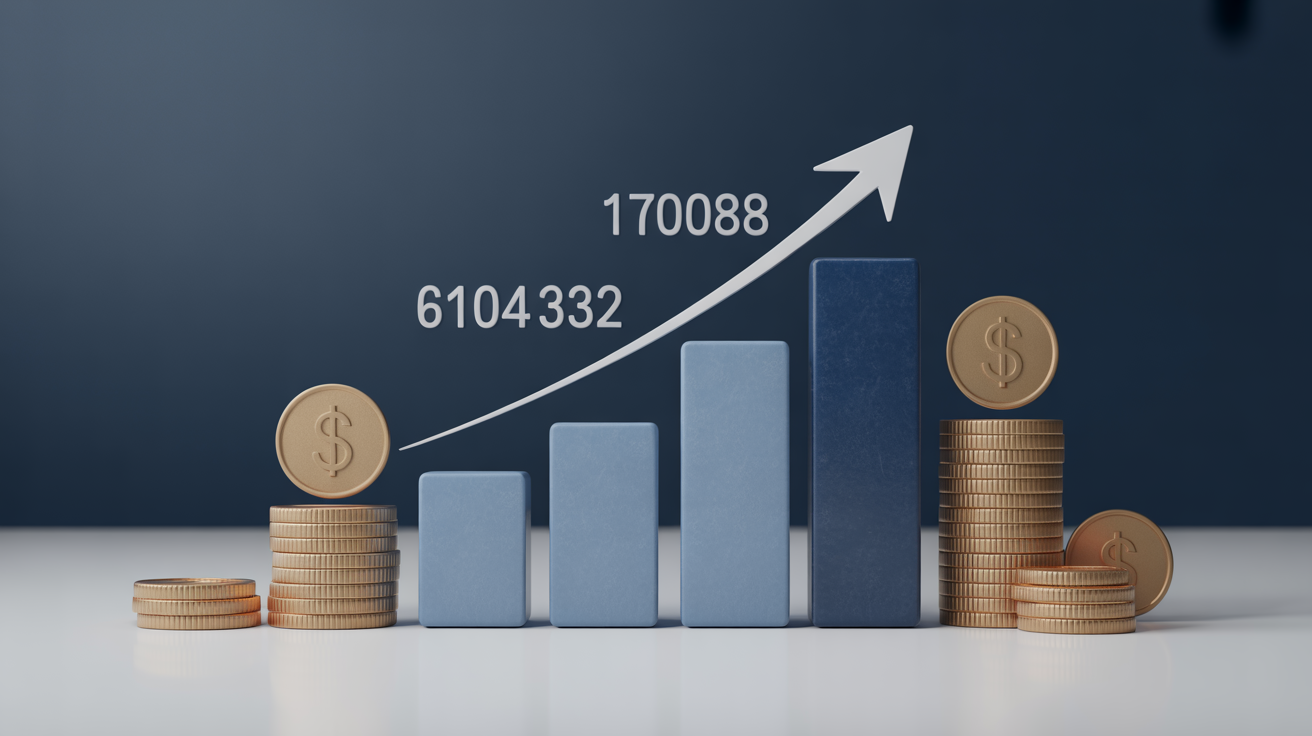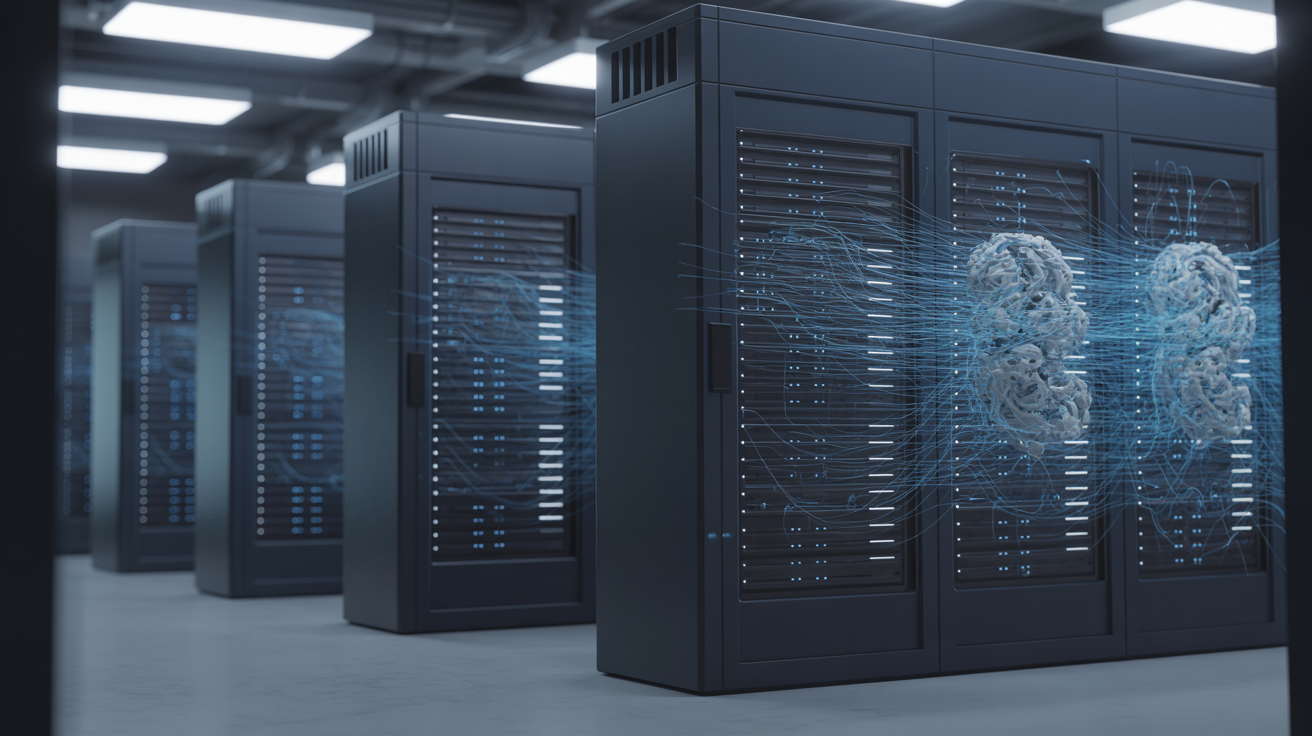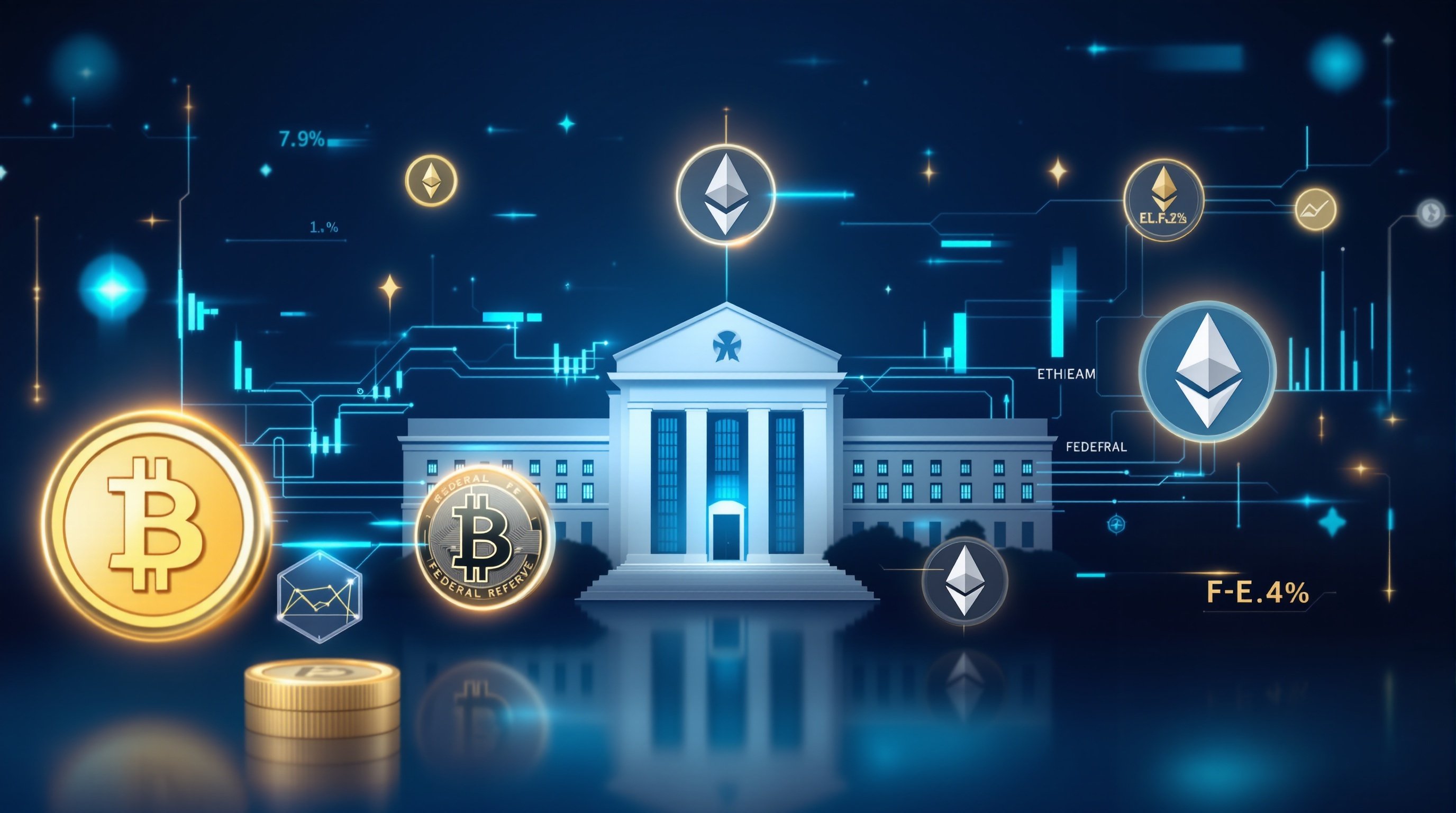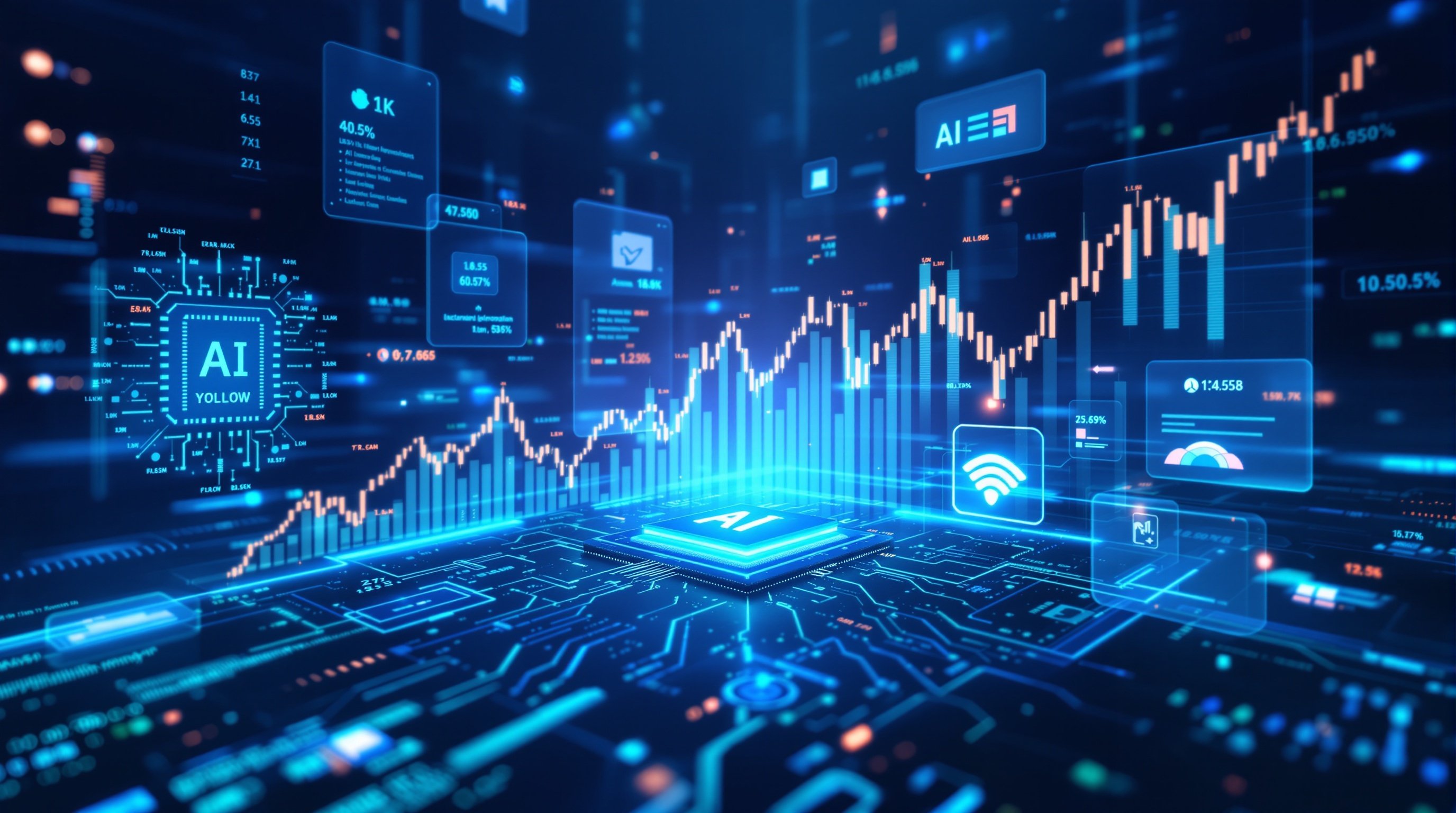
Markets
Stocks, crypto, macro economic news, and market trends
AI Economy
AI investments, automation, and the future of business
Personal Finance
Wealth management, fintech tools, and smart money strategies
Business
Entrepreneurship, strategy, leadership, and business innovation

Markets in 2025: Resilience, Rotation, and a Higher-For-Longer Reality — Outlook for 2026
Markets delivered strong gains in 2025 despite tighter financial conditions and rising selectivity. As 2026 begins, investors face a higher-for-longer world where earnings quality, AI execution, and policy risk matter more than momentum.

5 Personal Finance Strategies to Master Before 2025 Ends—What the Data Says
From retirement planning adjustments to leveraging fintech tools, here's what financial experts and market data reveal about protecting and growing your wealth in 2025's evolving landscape.

Why 68% of C-Suite Executives Say AI Is Tearing Their Companies Apart—And How to Fix It
Despite $37 billion in enterprise AI spending, only a third of companies are seeing significant ROI. Internal power struggles and siloed implementations are the culprits—here's how forward-thinking leaders are breaking through.

The AI Infrastructure Race Heats Up: Nvidia's $20B Groq Acquisition and the Rise of Sovereign AI
Nvidia's largest-ever acquisition signals a new phase in the AI infrastructure wars, while nations worldwide invest billions in sovereign AI capabilities. Here's what it means for investors and the future of AI.

The Fed's Quiet Pivot: A New Dawn for Crypto Regulation
Crypto & Fed Policy Daily Brief: The Fed's Quiet Pivot: A New Dawn for Crypto Regulation? In a significant, yet subtle, shift, the Federal Reserve has begun to dismantle the regulatory barriers that ...

Beyond the Hype: AI's Next Wave of Winners Emerges
!AI & Tech Stocks Daily Brief: Beyond the Hype, AI's Next Wave of Winners Emerges The AI gold rush of 2025 is evolving. While giants like Nvidia continue to dominate headlines, a deeper look at the ma...